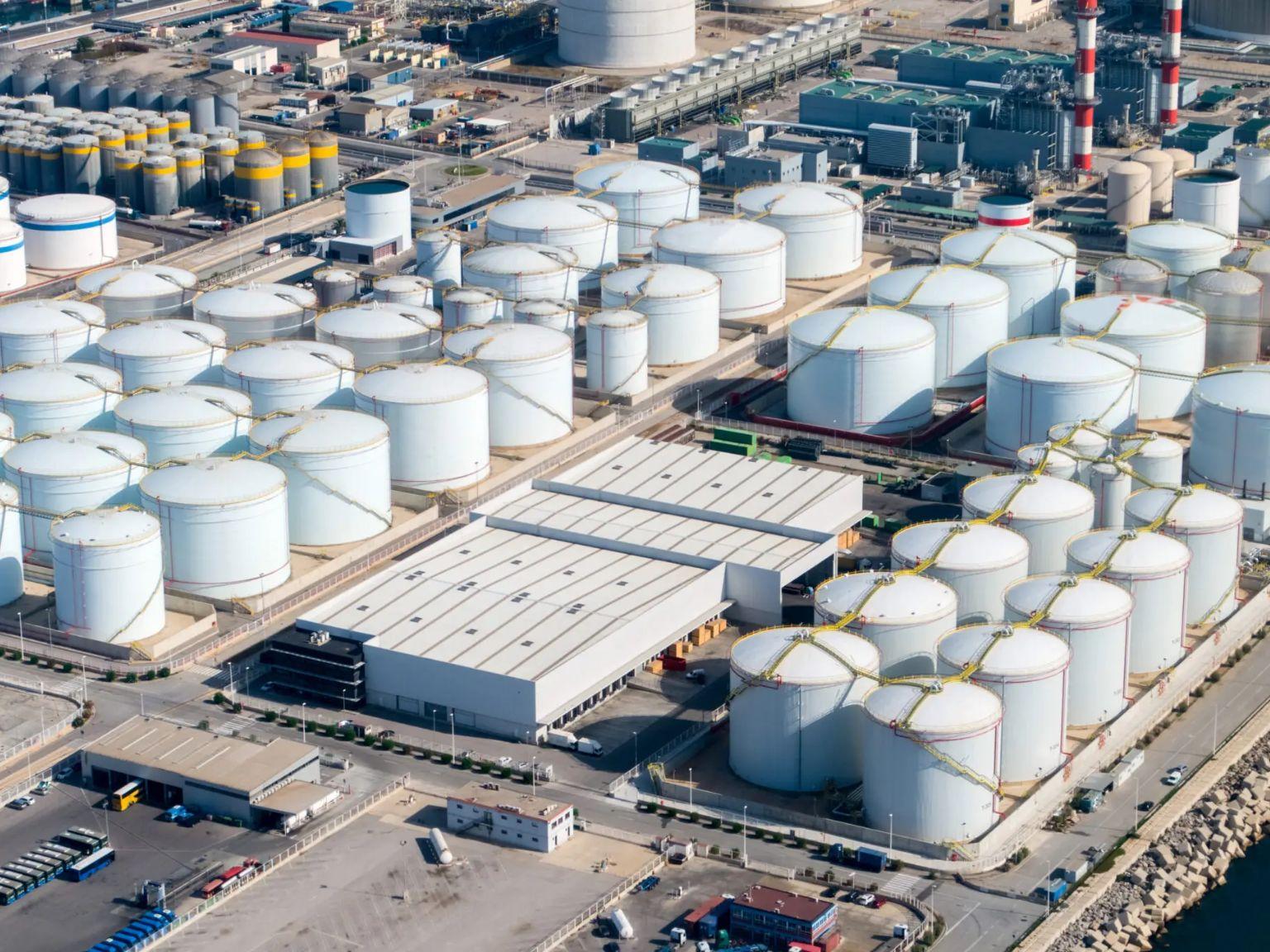Abu Dhabi’s Adnoc and Gunvor extend talks to reach investment deal
National oil group is seeking a minority stake in commodity trader as it looks to diversify its revenue stream , Abu Dhabi National Oil Company and Gunvor, the energy trading house, are extending an exclusivity period for deal talks as they try to reach an agreement over a possible investment.
People close to the deal say discussions could lead to Adnoc taking a minority stake in Gunvor, whose net profits soared to $841mn in the first half of last year — higher than its full-year profits in 2021 — as energy markets were roiled by Russia’s full-scale invasion of Ukraine.
The exclusivity period for the talks, which began last summer, had been due to expire at the end of December, according to people familiar with the matter.
Adnoc, which is the United Arab Emirates’ state oil producer and pumps roughly 4 per cent of all global crude supplies, is working to diversify its revenue streams and build out its trading division.
Gunvor — co-founded in 2000 by chief executive Torbjörn Törnqvist and Russian oligarch Gennady Timchenko — is looking to raise funds to drive growth.
Adnoc’s trading arm is preparing to open its first Swiss office this year, as part of plans to expand the unit.
Chief executive Sultan Ahmed Al Jaber, who will also serve as president of this year’s UN climate summit when the UAE hosts the meeting in November and December, previously said he wanted to “stretch the value” of every barrel of Adnoc oil through investments in refining and trading capacity.
But the talks have faltered at times, with the two companies having contrasting backgrounds: Adnoc is a state-owned energy behemoth that founded its trading division less than five years ago, while Gunvor is known for its aggressive culture and its once-close ties to Russia.
Gunvor is one of a handful of large-scale independent commodity traders, including Trafigura, Vitol and Mercuria, that play a significant role in global energy trading, acting as middlemen and operators of infrastructure such as terminals and refineries.
The past year has seen unprecedented profits for trading houses because of the volatility in oil and gas markets triggered by Russia’s invasion of Ukraine.
Törnqvist, who controls almost 90 per cent of Gunvor, has been considering a sale for some time. He held unsuccessful talks in 2019 with Algeria’s state-backed energy company Sonatrach and has discussed potential tie-ups with other trading houses in the past, according to people familiar with the discussions.
While Gunvor’s roots lie in Russian oil dealing, it has branched out in recent years to become one of the world’s largest traders of liquefied natural gas.
In 2014, shortly before Gunvor co-founder Timchenko was sanctioned by the US government for his alleged ties to President Vladimir Putin, the Russian trader sold his stake to Törnqvist, and has since left the company. The US state department alleged at the time that Putin himself may “have access to Gunvor funds” without providing evidence.
Gunvor has always fiercely denied allegations that it has links to Putin and has spent the nine years since Timchenko’s exit diversifying its business away from the Russian sector, such as selling most of its stake in the Ust Luga oil terminal, close to the border with Estonia.
The commodity trader, despite its record half-year profits in 2022, has also faced financial pressures due to the high margin calls placed on trading houses owing to the extreme volatility in energy markets last year.
Adnoc and Gunvor declined to comment.
People close to the deal say discussions could lead to Adnoc taking a minority stake in Gunvor, whose net profits soared to $841mn in the first half of last year — higher than its full-year profits in 2021 — as energy markets were roiled by Russia’s full-scale invasion of Ukraine.
The exclusivity period for the talks, which began last summer, had been due to expire at the end of December, according to people familiar with the matter.
Adnoc, which is the United Arab Emirates’ state oil producer and pumps roughly 4 per cent of all global crude supplies, is working to diversify its revenue streams and build out its trading division.
Gunvor — co-founded in 2000 by chief executive Torbjörn Törnqvist and Russian oligarch Gennady Timchenko — is looking to raise funds to drive growth.
Adnoc’s trading arm is preparing to open its first Swiss office this year, as part of plans to expand the unit.
Chief executive Sultan Ahmed Al Jaber, who will also serve as president of this year’s UN climate summit when the UAE hosts the meeting in November and December, previously said he wanted to “stretch the value” of every barrel of Adnoc oil through investments in refining and trading capacity.
But the talks have faltered at times, with the two companies having contrasting backgrounds: Adnoc is a state-owned energy behemoth that founded its trading division less than five years ago, while Gunvor is known for its aggressive culture and its once-close ties to Russia.
Gunvor is one of a handful of large-scale independent commodity traders, including Trafigura, Vitol and Mercuria, that play a significant role in global energy trading, acting as middlemen and operators of infrastructure such as terminals and refineries.
The past year has seen unprecedented profits for trading houses because of the volatility in oil and gas markets triggered by Russia’s invasion of Ukraine.
Törnqvist, who controls almost 90 per cent of Gunvor, has been considering a sale for some time. He held unsuccessful talks in 2019 with Algeria’s state-backed energy company Sonatrach and has discussed potential tie-ups with other trading houses in the past, according to people familiar with the discussions.
While Gunvor’s roots lie in Russian oil dealing, it has branched out in recent years to become one of the world’s largest traders of liquefied natural gas.
In 2014, shortly before Gunvor co-founder Timchenko was sanctioned by the US government for his alleged ties to President Vladimir Putin, the Russian trader sold his stake to Törnqvist, and has since left the company. The US state department alleged at the time that Putin himself may “have access to Gunvor funds” without providing evidence.
Gunvor has always fiercely denied allegations that it has links to Putin and has spent the nine years since Timchenko’s exit diversifying its business away from the Russian sector, such as selling most of its stake in the Ust Luga oil terminal, close to the border with Estonia.
The commodity trader, despite its record half-year profits in 2022, has also faced financial pressures due to the high margin calls placed on trading houses owing to the extreme volatility in energy markets last year.
Adnoc and Gunvor declined to comment.

